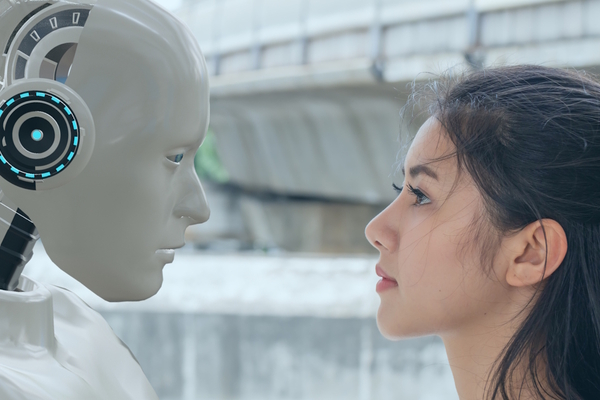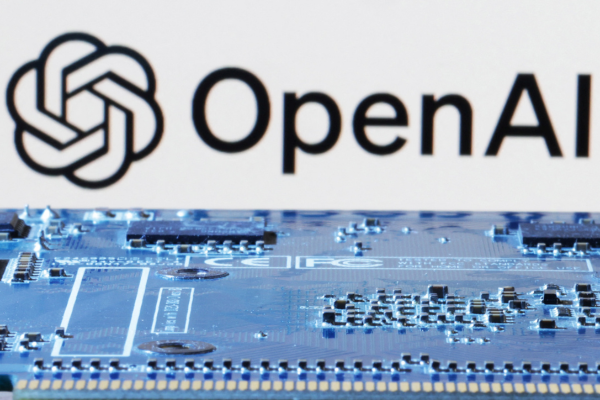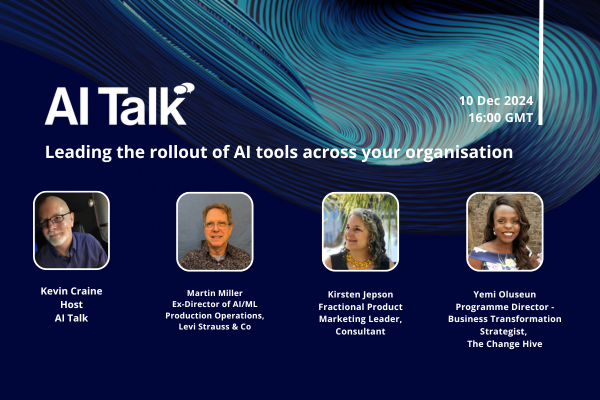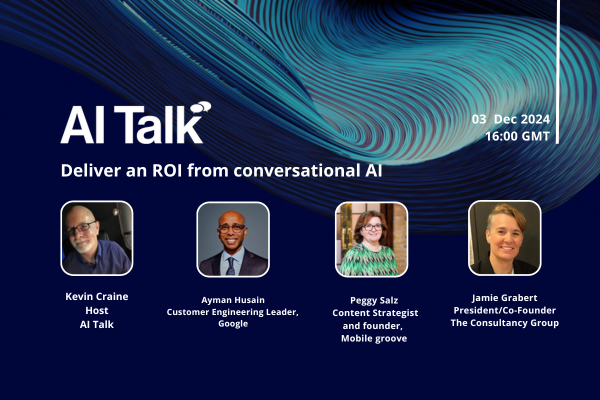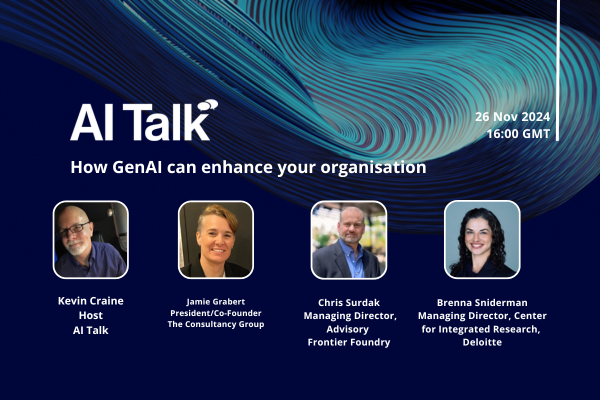ChatGPT and the power of independent thought
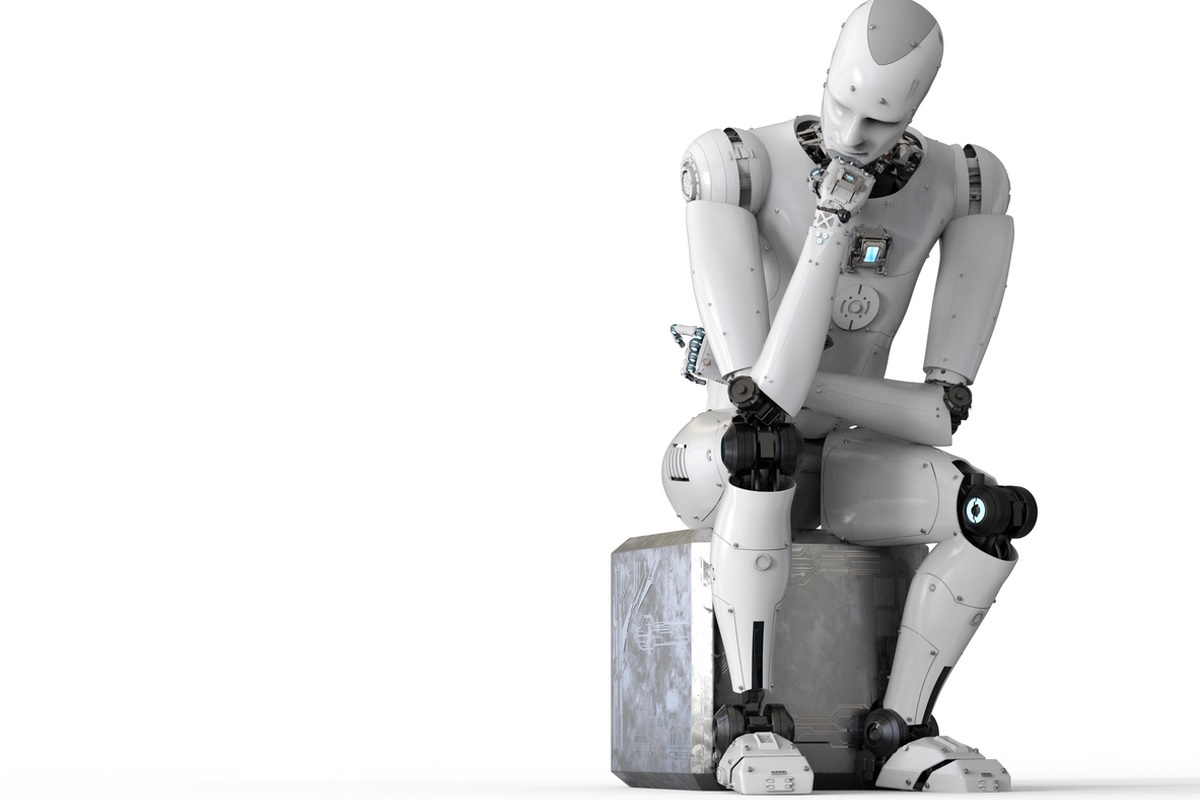
Edward Coram James at SEO agency Go Up explains what GPT can do and asks: Could we face a time when we no longer have to think for ourselves?
When Bill Gates says something will change the world — you take note. Back in February, the Microsoft mogul proclaimed that the Open AI’s chatbot ChatGPT could do just this, stating that the technology behind it “is every bit as important as the PC, as the internet."
While there’s no denying the impact of the internet’s impact on the world, AI solutions like ChatGPT could go even further, with suggestions that such tools could create a future where we no longer have to think for ourselves. This has some merit considering ChatGPT’s ability to carry out various tasks traditionally only humans could, but is this truly a possibility in reality?
What is ChatGPT?
First off, let me explain exactly what ChatGPT is and what it does. The chatbot uses a form of AI called “Natural Language Processing’’ (NLP) to respond to questions as if it were human.
From song-writing and coding to collating research in a matter of seconds, ChatGPT can already do so much that humans can, and it’ll only get better and quicker at doing so over time. This is why some are suggesting that we may no longer have to think for ourselves in the future.
How might we depend on ChatGPT?
I’ve touched upon some of ChatGPT’s uses above, but let’s look at these in more detail:
Content creation. ChatGPT can take care of all stages of content creation, from providing ideas and sourcing relevant information on your behalf, to creating content outlines and actually writing the copy itself.
Customer service. Although chatbots have been providing customer service for some time now, ChatGPT is more effective at simulating human language, has a much larger knowledge base, and can recall previous conversations.
Coding. OpenAI’s tool is not only able to write code, but can troubleshoot and understand other people’s code, write unit tests, and create coding skeletons.
Essays. Students rejoice — just like its ability to write content, ChatGPT has stunned academics with its aptitude for writing academic essays, with one handed in by a student even getting a 2:2 pass grade at university.
Music. Could the music stars of tomorrow sing songs written by ChatGPT? It’s not a farfetched idea. The language processing tool has the ability to write lyrics, compose melodies, analyse music, and transcribe audio recordings.
Will we really rely on ChatGPT?
In time, particularly as ChatGPT becomes more advanced, there’s a possibility that we start to rely on the tool while we focus our time elsewhere. But is this really a good idea?
While there are certainly benefits to using ChatGPT, there are several shortcomings too, from a lack of accuracy and bias, to a limited dataset and wordiness when it comes to written content. And although these particular issues are likely to be ironed out over time, others will probably remain indefinitely. These include:
No emotional intelligence. Yes, ChatGPT can respond in ways that seem empathetic, but it doesn’t actually have true emotional intelligence. The tool is unable to detect subtle emotional cues or provide an appropriate response to complex emotional situations, shortcomings that limit its ability to do things like replicate human customer service and provide opinion.
A lack of common sense. Similarly, ChatGPT lacks the common sense that (most) humans possess, and can often give nonsensical or inaccurate responses to questions.
No original thoughts. ChatGPT works by regurgitating information from its dataset. The content it offers is therefore entirely derivative, which isn’t good news when it comes to producing things like thought leadership blogs, original music, and academic essays. Aside from issues from plagiarism, these instances also require creativity and expert insight.
Will ChatGPT rob us of independent thinking?
The answer to the question of whether ChatGPT (and similar AI tools) will replace independent thinking is likely this: they will almost certainly start assisting us with everyday endeavours, but probably won’t replace independent thinking altogether. Yes, AI has the ability and potential to do so many things, but ultimately, there’s nothing quite like the human touch.
Edward Coram James is CEO and Co-founder of SEO Agency Go Up
Main image courtesy of iStockPhoto.com

Business Reporter Team
Most Viewed
Winston House, 3rd Floor, Units 306-309, 2-4 Dollis Park, London, N3 1HF
23-29 Hendon Lane, London, N3 1RT
020 8349 4363
© 2024, Lyonsdown Limited. Business Reporter® is a registered trademark of Lyonsdown Ltd. VAT registration number: 830519543
